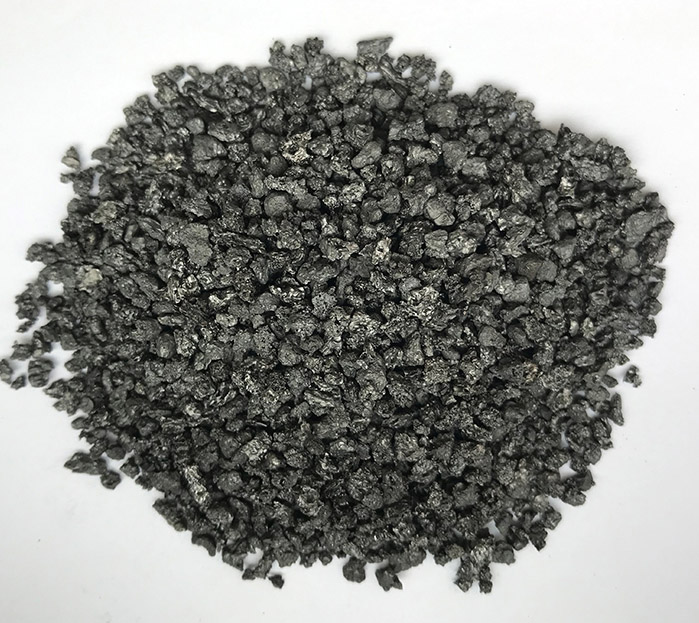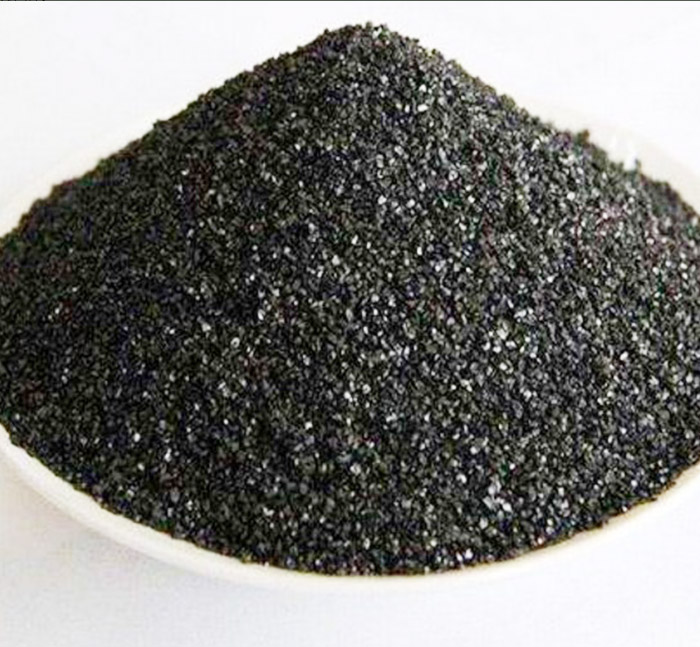The main differences between calcined petroleum coke and ordinary petroleum coke are reflected in the production process, chemical composition, and physical properties. Specifically, as follows:
1. Production process
Calcination of petroleum coke: In the production process, the calcination of petroleum coke requires a high-temperature calcination treatment of about 1300, which is mainly to remove the volatile components and moisture in the petroleum coke.
Ordinary petroleum coke: Ordinary petroleum coke is usually not subjected to high-temperature calcination treatment, and its cracking temperature is about 500-550, thus retaining more volatile matter and moisture.
2. Chemical composition
Calcined petroleum coke: The fixed carbon content of calcined petroleum coke is relatively high, and the volatile matter and moisture usually do not exceed 1%, which makes its chemical properties more stable.
Ordinary petroleum coke: Ordinary petroleum coke contains high volatile matter (about 3% -16%) and moisture (5% -12%), which may affect its performance in high-temperature applications.
physical property
Calcined petroleum coke: Due to high-temperature calcination, calcined petroleum coke has a higher density, higher mechanical strength, as well as good thermal stability and conductivity.
Ordinary petroleum coke: Ordinary petroleum coke has a lower density, lower mechanical strength than calcined petroleum coke, and due to its high volatile matter, its stability at high temperatures is poor.
appearance
Calcined petroleum coke: Calcined petroleum coke usually has irregular shapes, darker colors than ordinary petroleum coke, and stronger metallic luster.
Ordinary petroleum coke: Ordinary petroleum coke appears as black or dark gray blocks or particles, with a certain metallic luster, but not as prominent as calcined petroleum coke.
3. Application Fields
Calcined petroleum coke: widely used in the production of graphite electrodes, carbon paste products, diamond sand, etc., especially in the electrolytic aluminum and steelmaking industries.
Ordinary petroleum coke: mainly used in the production of calcium carbide, silicon carbide grinding materials, and as industrial fuel, which does not require high-temperature calcination.



